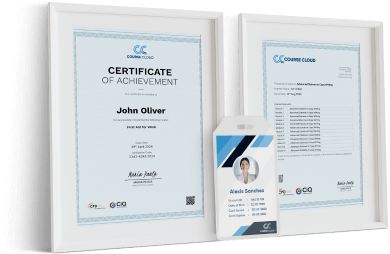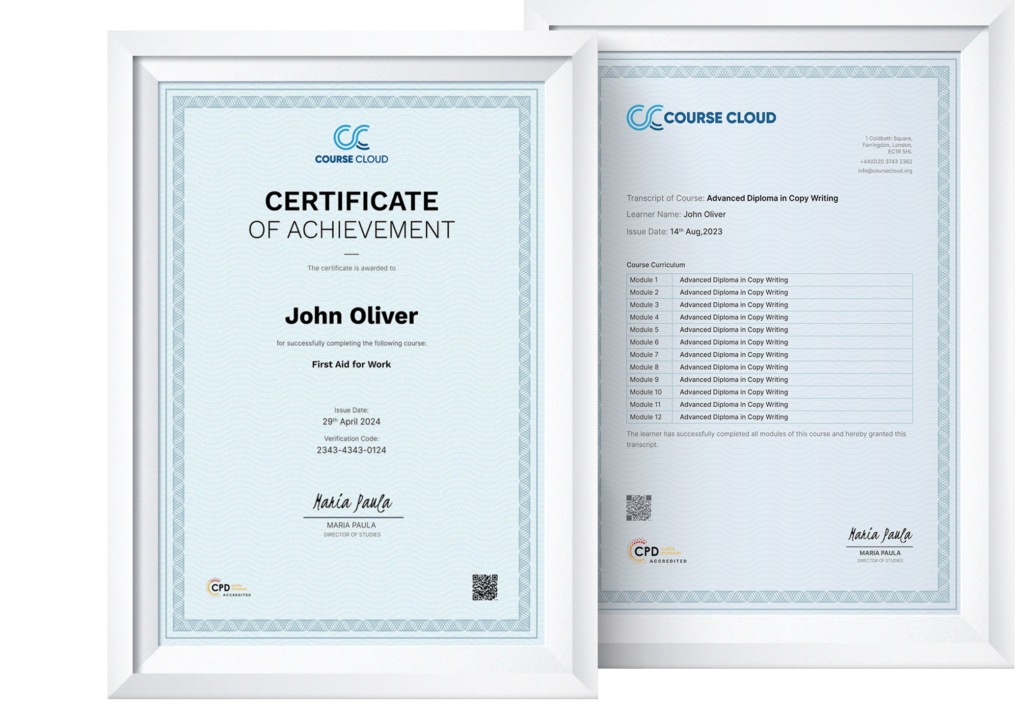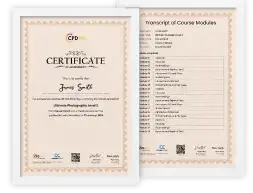Welcome to
Course Cloud
the best place for online learning!
Log In
Sign Up
Don’t have an account yet? Sign Up
Content Management
Effective content management is essential for businesses, marketers, and creators looking to engage audiences, optimize online presence, and drive growth. The Content Management Course provides an in-depth understanding of content creation, organization, strategy, and marketing tools.
1 enrolled on this course
( 50% Off Limited Time )

This Course Includes
- 7 Units
- 1 Year Access
- 3 hours, 9 minutes
- Intermediate
- Accredited Certificate






Frequently asked questions
Can’t find the anwser you’re looking for ? Reach out to customer support team.
Content management refers to the creation, organization, storage, and distribution of digital content. It involves using strategies and tools, such as Content Management Systems (CMS), to ensure that content is accessible, relevant, and aligned with business goals.
The three key processes of content management include content creation (developing and producing content), content organization (structuring and categorizing content for easy access), and content distribution (publishing and promoting content to reach the right audience).
A content management role involves planning, producing, organizing, and overseeing digital content to ensure it meets marketing, SEO, and audience engagement objectives. Content managers work closely with writers, designers, and marketing teams to maintain a consistent brand message.
The three pillars of content management are content strategy (planning and aligning content with goals), content production (creating high-quality and engaging content), and content governance (ensuring consistency, compliance, and effectiveness).
The 3 C’s of content are Clarity, Consistency, and Creativity. Clarity ensures that content is easily understood, consistency builds trust and brand identity, and creativity keeps the audience engaged.
The four essential elements of content are relevance (meeting audience needs), engagement (capturing interest), value (providing useful insights), and call to action (guiding users toward a goal).
A content manager needs strong writing and editing skills, SEO knowledge, digital marketing expertise, proficiency with CMS platforms, data analysis capabilities, and project management abilities.
The salary of a content manager varies by experience and location. In the UK, content managers typically earn between £30,000 and £70,000 per year, with senior-level roles exceeding £80,000.
A content management strategy outlines how content is created, organized, distributed, and optimized to meet business objectives. It includes content planning, audience targeting, SEO implementation, and performance analysis.
Building a content management system (CMS) involves defining content requirements, choosing a CMS platform (like WordPress or Drupal), setting up content workflows, integrating SEO tools, and ensuring content security and accessibility.
The three P’s of management are People, Processes, and Performance. These elements ensure efficient management of teams, workflows, and content production.
The three S’s of successful content are Structure (organized layout for easy navigation), Substance (valuable, informative content), and Style (brand-consistent tone and design).
CRM (Customer Relationship Management) content management refers to storing and managing customer-related content (emails, interactions, and marketing materials) within CRM software to improve customer engagement and sales strategies.
A CMS allows users to create, edit, publish, and manage digital content without needing technical expertise. It typically includes a user-friendly interface, content storage, workflow management, and SEO tools.
Popular examples of content management systems include WordPress, Joomla, Drupal, HubSpot CMS, and Adobe Experience Manager. These platforms help businesses manage and publish content efficiently.



 Get Accredited Certificate
Get Accredited Certificate



 ALL COURSES FOR
£49
ALL COURSES FOR
£49

